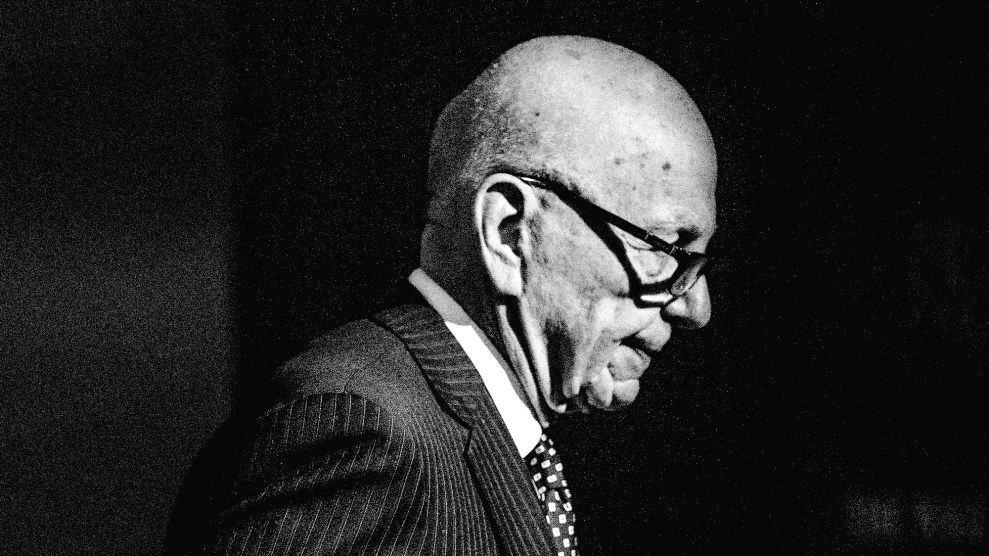
Joe Strummer: The Future is Unwritten, an IFC First Cut release, 2007. 124 minutes.
It’s not unsettling to learn that world-renowned punk rocker and Clash front man Joe Strummer was sort of a hippie at heart. It’s actually endearing.
Julien Temple’s 2007 documentary, Joe Strummer: The Future is Unwritten, illuminates this fact by highlighting a small but meaningful piece of Strummer’s personality: the guy loved campfires. He liked to sit by them, surrounded by family and friends, to talk, tell stories, sing, play music, and to think long and hard about what it all means. Just before his death on December 22, 2002 (of an undiagnosed congenital heart defect), Strummer sent out hand-painted Christmas cards that showed campfires set up along the banks of a winding river, symbolically connecting all of his loved ones for one last fireside hootenanny.
Temple was no doubt the first in line to make this film. The Sex Pistols used to show his gritty punk film Number One at their gigs; he went on to make The Great Rock and Roll Swindle in 1979, and in 2000 he earned more street cred for releasing The Filth and the Fury, a documentary about the Sex Pistols told from the band’s point of view. Temple’s version of Strummer’s life is told through a series of testimonies from musicians, artists, and friends, as related while sitting by a fire on a beach (yes, a little staged and kind of cheesy, but it works).
Former bandmates, members of the Red Hot Chili Peppers, fans John Cusack and Johnny Depp, and former girlfriends and drinking buddies show up for the party. While Chili Peppers bassist Flea and Depp romanticize Strummer and the blue-collar, social justice issues he stood for, Clash drummer Topper Headon can’t get over how Strummer thought nothing of sleeping with his girlfriend, and complains that Strummer wasn’t there for him when he became addicted to heroin. The film also mixes in a vast amount of footage of Strummer as a child, teen, and eventually as the singer and rhythm guitarist for the best-known band to come out of England’s punk rock scene in the late 1970s.
Born John Graham Mellor in Turkey (his father was a diplomat in the British foreign service), Strummer (his eventual chosen stage name because that’s what you do with a guitar) grew up globetrotting with his family to live in places like Cairo, Mexico City and Bonn. His friends testify that his exposure to these locales and his father’s involvement in politics greatly influenced Strummer’s evolution as a musician with a message. But it was the anti-authoritarianism of punk rock that seems to have opened the floodgates for Strummer to speak his mind freely onstage and off. Inspired by Strummer, his friends in 2002 launched Strummerville, a charity that provides performance opportunities for aspiring young musicians.
I came away from Temple’s film with a new appreciation for Strummer. Although he comes across sometimes as self-absorbed and flakey (in one scene, he skips town the day he’s supposed to meet with record producers to discuss his long-awaited solo album) and opportunistic (he ditched his friends in a squatter’s house to become a punk rocker and join the Clash), Strummer is also consistently provocative, brash, and enthusiastic. He seems to have genuinely believed that political messages such as his call to “Know your rights” had a legitimate place in a rock song. Anyone—a hippie or a punk rocker—can sing flippant lyrics about the politics of the day, but when those lyrics still resonate with a clear sense of urgency 30 years later, the music’s worth listening to.












